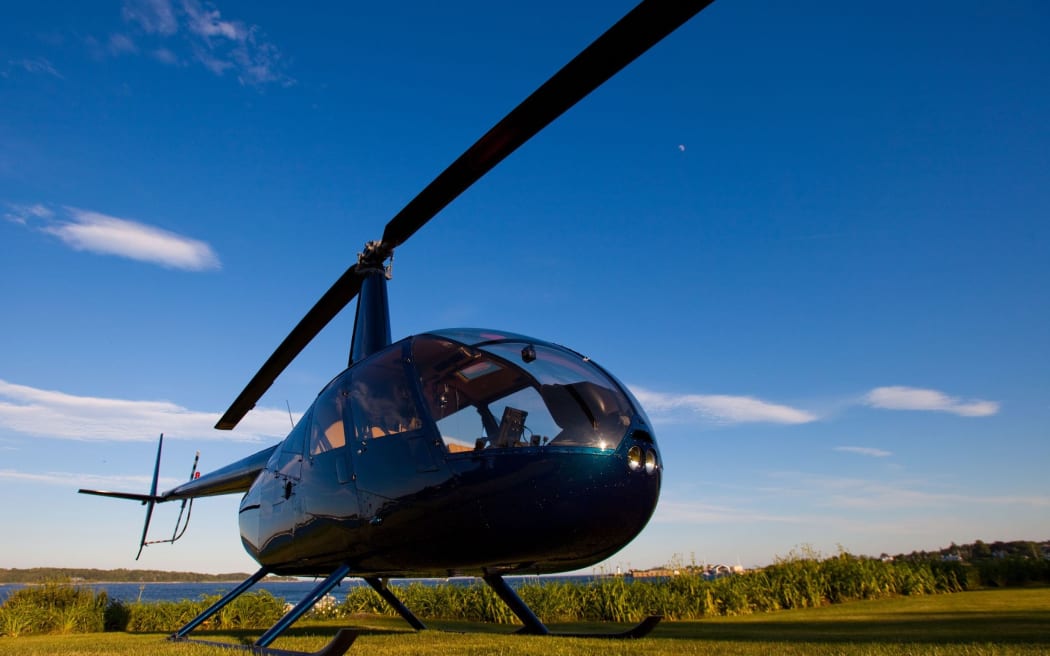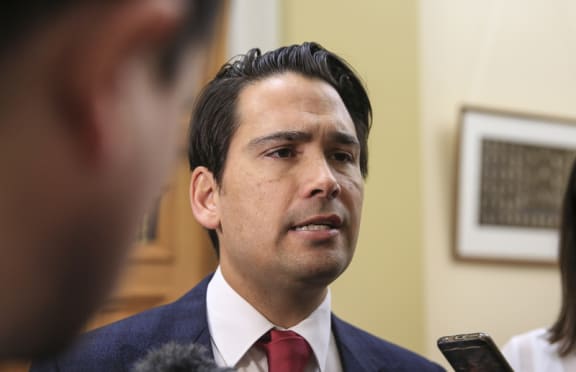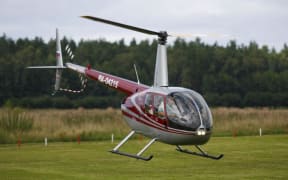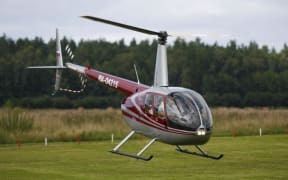The aviation industry is criticising the Department of Conservation's (DOC) decision to stop using Robinson helicopters, saying it is a knee-jerk reaction.
DOC yesterday suspended the use of all Robinson helicopters for the transporting of staff, volunteers and contractors.
But Aviation New Zealand said the helicopters were safe if flown properly.

A Robinson R-44 helicopter Photo: 123rf.com
Its chief executive John Nicholson said it was too soon to draw any links between Monday's crash, for which an investigation had barely started, and the reason the aircraft have been watchlisted.
"It's difficult, isn't it. The TAIC (Transport Accident Investigation Commission) report came out last week, and then we've had the accident this week. There's a danger companies will make knee-jerk reactions and associate one with the other," he said.
"It's far too early to be doing that."
Mr Nicholson said the aircraft have been widely used throughout the country for roughly two decades and he urged pilots to fly the helicopters within their operating limits.
One helicopter training company said it was busier than ever and had not noticed any change in the public's attitude towards the helicopters.
It said its confidence in the brand had not diminished.

Simon Bridges said Robinson helicopters were safe when operated within the manufacturer's guidelines. Photo: RNZ / Rebekah Parsons-King
DOC's health and safety director Harry Maher declined to talk directly to RNZ, but in a press release said the decision was taken to ensure the safety of DOC staff.
Transport Minister Simon Bridges said the helicopters were safe when operated within the manufacturer's guidelines, and the training needed to ensure pilots kept within them.
"[If they] are followed they are safe," he said. "I think in terms of anything beyond that - the banning or anything of these aircraft - I mean that would be unwarranted at this time on the state of the evidence that we've got."
While training was a factor, TAIC also said the helicopter flight manuals did not draw enough attention to safety critical instructions, and urged Robinson to clear them up.
Conservation Minister Maggie Barry backed her ministry's operational decision and said it was too soon to pin it all on pilots.
"I'm not sure that's proven at this time, I think it's very difficult to put - and the Erebus disaster would prove that - you don't blame pilots straight away when it may be a mechanical error or other problems," she said.
"Minister Bridges may know more than I, but from my perspective I would wait until further information is through from [the] Civil Aviation [Authority], these are very complicated issues."
TAIC said it spent yesterday interviewing people involved with the latest crash, and would conduct its main examination of the accident site today, where a Robinson safety investigator would also be present.
A spokesperson from the Ministry for Primary Industries confirmed it "does on occasion contract helicopter services to undertake ministry work".
"MPI is aware of the reports into Robinson helicopters and will continue to monitor any implications with our providers."
The Civil Aviation Authority is not aware of any other agencies introducing an outright ban on the helicopters but said it was a decision for individual agencies to make.
A spokeswoman for the California-based Robinson Helicopter Company said the firm was urging people to wait for the outcome of the investigation into Monday's crash.





